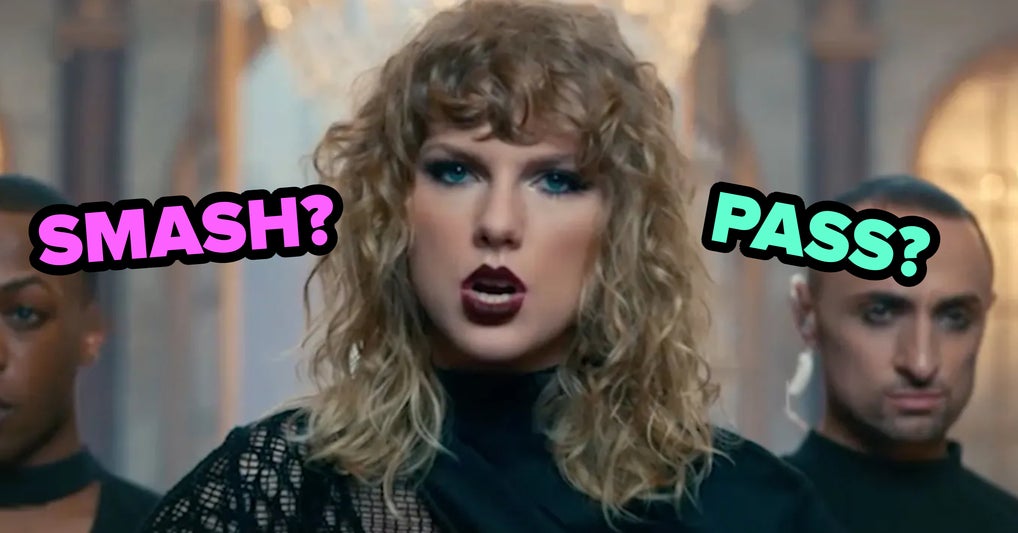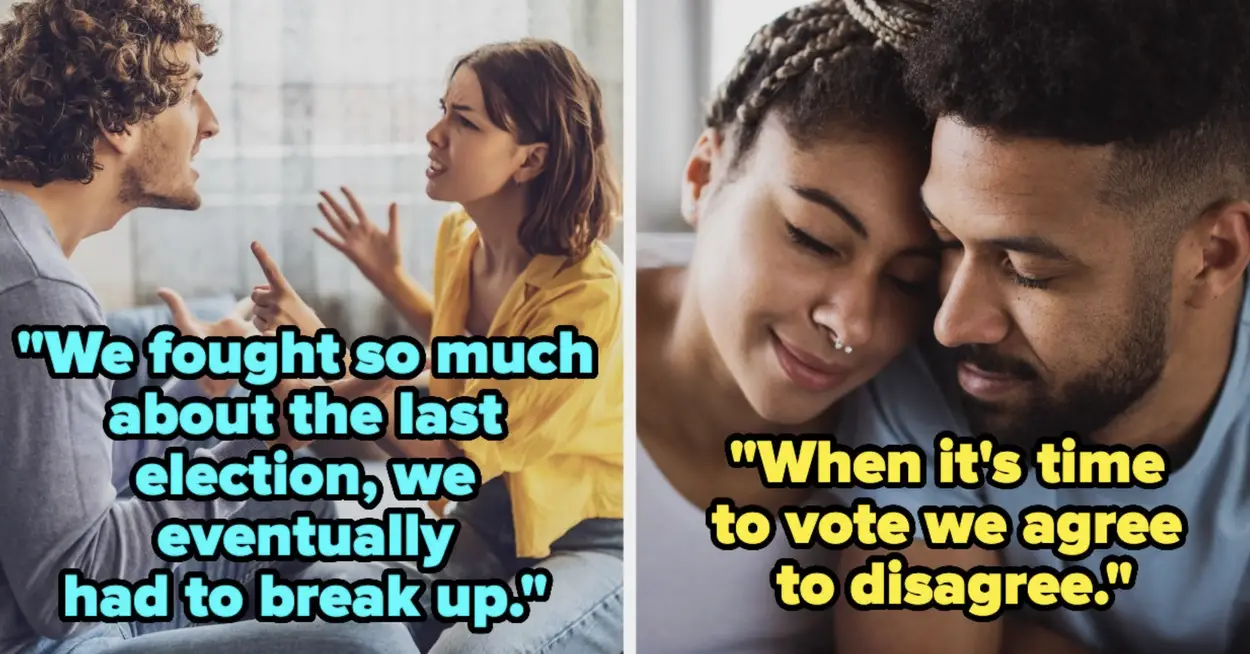from the this-is-why-we-can’t-have-nice-things dept
It’s never fully appreciated the way we’ve let scammers, scumbags, and assorted bullshit artists hijack the nation’s top voice communications platform. Or that we’ve let marketing industry lobbyists slowly degrade the authority of the one U.S. regulator capable of actually doing something about it.
Case in point: the FCC this week announced that it has fined right wing propaganda and bullshit artists Jacob Wohl and Jack Burkman $5,134,500 for 1,141 illegal robocalls the duo made in a bid to confuse and mislead voters. More specifically, the FCC notes in a press release that the pair tried to scare marginalized voters in key neighborhoods away from voting by mail in a bid to boost Trump:
The robocalls in this case, made on August 26 and September 14, 2020, told potential voters
that if they voted by mail, their “personal information will be part of a public database that will be used by police departments to track down old warrants and be used by credit card
companies to collect outstanding debts.” The recorded messages identified Burkman and Wohl by name and claimed to be made by “Project-1599.”
The problem, unfortunately, is this “fine” will likely never actually be collected. The FCC’s authority, boxed in after years of court rulings and lobbying by industries that don’t want their ability to annoy you constrained, is quite limited. It can issue fines, but it amusingly can’t actually collect them.
Actually collecting those fines falls to the DOJ, which historically either can’t track down the sleazebags in question, or can’t be bothered. For example, one study found that the FCC fined robocallers $208 million between 2015 and 2019, but only $6,790 (!!) was ever collected.
Activists and the FCC have argued for broader authority here, but our corrupt Congress has generally responded by doing the opposite and trimming FCC authority on most issues related to consumer protection (see: net neutrality, broadband privacy, media consolidation).
As a result, every six months the FCC comes out with some big announcement about how they’ve implemented some new half-assed effort to address robocalls. And while there has been some progress, the data still tends to speak for itself:
One reason is that the multiple industries that have shredded FCC authority and robocall rules via lobbying and legal victory have ensured the feckless bureaucrats at the FCC keep the focus fixated securely on scammers (not that we’ve addressed those either). When in reality, the vast majority of robocalls come from “legit” companies utilizing many of the same tactics as scammers:

The National Consumer Law Center (NCLC) has spent years providing insights and solutions on this problem. They issued a recent report that’s worth a read if you’re at all curious why we’ve allowed a major communications platform to be hijacked by garbage merchants and snake oil salesmen.
The group has testified for years how numerous industries have lobbied to ensure robocall rules have vast loopholes, so their own harassment of consumers (using many of the same tools “scammers” use) isn’t included in any solution. This, of course, includes debt collectors, who have been shown to harass people they already know can’t pay with sometimes hundreds of calls per day.
Another problem: for years (especially back when they netted money from call minute volume) telecom giants received a cut of the proceeds, so they were glacially slow in cracking down (much like they were on text message scams) because they were getting a cut of the proceeds. That led to decades of delays the industry-friendly FCC still kind of just pretends never happened.
That’s not to say the FCC hasn’t made some progress within the confines of their steadily eroded authority. They’ve glacially pushed the industry toward implementing more concrete anti-call spoofing tech, and they’ve taken aim at smaller sleazy middlemen if they know the case will be a slam dunk. But like most things consumer protection, the FCC’s lack of backbone is apparent.
But the broader problem remains that traditional industries have once again lobbied our federal consumer protection regulators into apathetic tatters, and we’ve normalized the end result. Most of us simply don’t answer our phones anymore, and act as if fixing this problem is some complex and impossible algebra. But the path forward was obvious for years, it just required shaking off corruption. And, well…
Filed Under: fcc, fraud, jack burkman, jacob wohl, lobbying, regulatory capture, robocalls, scams
Source link










Leave a Reply